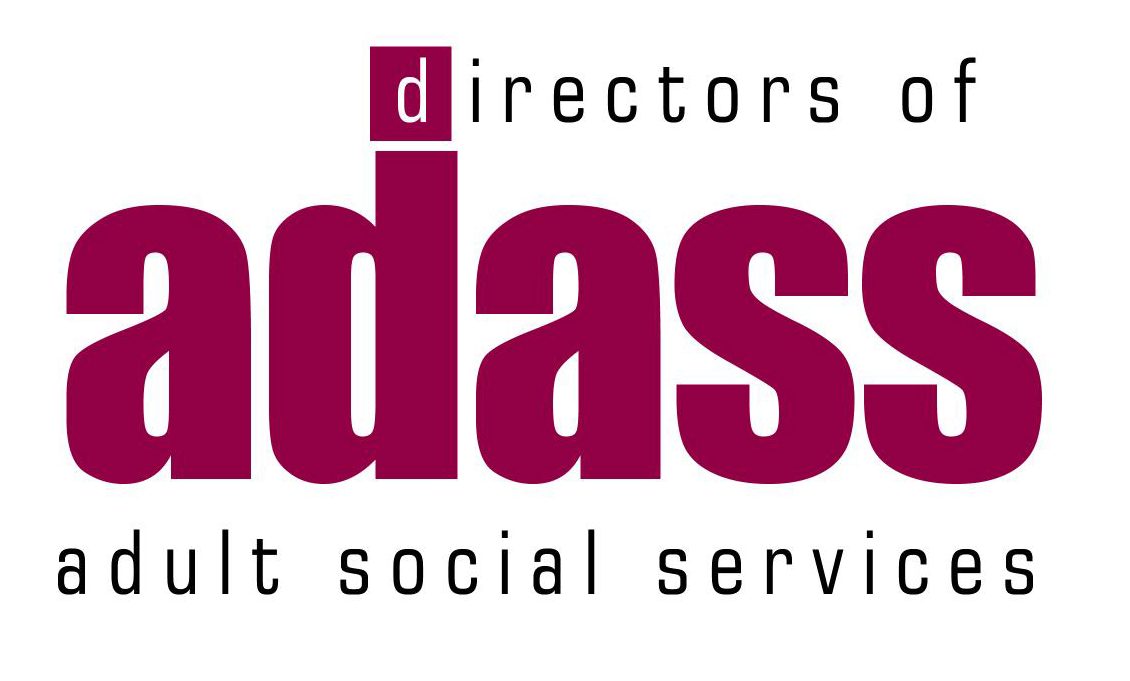When assessing need and providing care and support to an adult with no recourse to public funds, the local authority must apply the Care Act 2014, relevant regulations, and the Care and Support Statutory Guidance in the usual way. Chapters two to nine of this guidance set out the additional considerations that may need to be made due to the person’s immigration status and lack of access to benefits.
Due to the high costs involved when accommodation and financial support is provided to a person with care and support needs, and the need to promote an individual’s well-being, local authorities must also ensure that caseloads are monitored, and pro-active case-resolution is undertaken. The practice and service delivery considerations referenced in this chapter have been informed by the NRPF Network’s work with local authorities that have established a specialist response.
2.1 Establishing entitlement to care and support
This section summarises the process that must be followed to determine whether an adult with no recourse to public funds is entitled to care and support. Full details are provided in later chapters in this guidance.
Care and support is not a ‘public fund’ for immigration purposes. Therefore, a person should not be refused a needs assessment or care and support solely because they have no recourse to public funds.
The local authority will have a duty to undertake a needs assessment when the person has an appearance of need. The decision to undertake a needs assessment is not dependent on the person’s immigration status. For more information about the duty to undertake a needs assessment, see section 3.1.
Whilst a needs assessment is being undertaken, the local authority can meet urgent care and support needs, including by providing accommodation to a person who would otherwise be homeless. Not knowing the person’s immigration status does not prevent the local authority from undertaking a needs assessment and/or meeting urgent needs for care and support. For more information about providing emergency support, see section 3.3.
When a person has an appearance of need, the local authority will need to:
- Conduct a needs assessment to identify whether the person has care and support needs
- Determine whether their care and support needs meet the eligibility criteria
- Apply the destitution exception when a person is ‘subject to immigration control’
For more information about undertaking needs assessments, see chapter 4.
When the eligibility criteria are met, the duty to meet needs (section 18) will be engaged and the local authority must consider how to meet the person’s needs for care and support. When a person with no recourse to public funds is experiencing homelessness, the local authority must consider whether accommodation can be provided. For more information about meeting needs, see chapter 5.
When the person has care and support needs that do not meet the eligibility criteria (‘non-eligible care and support needs’), the local authority must determine whether the power to meet non-eligible needs (Section 19(1)) is engaged. This gives the local authority an opportunity to provide accommodation and financial support to a person who does not meet the eligibility criteria, but who is likely to experience a breach of human rights if they are homeless due to having complex or additional needs. For more information about meeting non-eligible needs, see section 4.4.
When a person who has no lawful status qualifies for care and support, a human rights assessment must be undertaken. This applies when the duty to meet needs is engaged or when the local authority is considering whether its power to meet non-eligible needs is engaged. The human rights assessment will need to determine whether the person can be expected to return to their country of origin to avoid destitution in the UK. If there is a barrier preventing return, care and support can be provided. However, if there is nothing preventing the person from returning, the local authority will have no duty to provide care and support. For more information about human rights assessments, see section 3.4.
When accommodation and financial support is provided, as well as ensuring that the person’s care needs are met, the local authority would also need to identify a long-term pathway to resolve the person’s situation of homelessness and assist the person to achieve this. For more information about pathways off support, see chapter 13.
When the local authority has determined that the person is no longer eligible for care and support, or does not require accommodation and financial support due to a change in circumstances, it must follow the principles set out in the Care and Support Statutory Guidance when withdrawing support. For more information about withdrawing support, see chapter 6.
Adult social care and health professionals will need to consider how to assist a person who has been admitted to hospital when they have no recourse to public funds and are experiencing homelessness. For more information about hospital discharge processes, see chapter 9.
The local authority must also be aware of how adult safeguarding requirements and support for carers apply to a person with no recourse to public funds. For more information about adult safeguarding, see chapter 7. For more information about support for carers, see chapter 8.
When meeting the care and support needs of a person with no recourse to public funds who does not require accommodation it will be important not to make assumptions based on the person’s immigration status with regards to how financial assessments are undertaking or the ways in which the person’s care and support needs can be met. For more information about meeting needs, see chapter 5.
2.2 Effective service delivery
Local authorities incur high costs providing long-term support to adults with no recourse to public funds. Delivering care and support to people with no recourse to public funds will involve addressing immigration status issues as well as providing accommodation and financial support. Therefore, it is necessary to establish a strategic and specialist response in order to secure better outcomes for adults with care and support needs and to deliver a cost-efficient service.
Staff and managers overseeing needs assessments and managing cases will need to have ‘legal literacy’ and understand how their duties under the Care Act 2014 apply to an adult with no recourse to public funds. For example, an adult should not be refused care and support solely because they have no recourse to public funds. Such a consideration is irrelevant because social care is not a public fund for immigration purposes.
Using an ‘invest to save’ model, resourcing a lead practitioner role or team has been proven to be effective at delivering a specialist and targeted response, with costs reduced through more expedient case resolution. However, where a low-volume of cases do not make a specialist response cost-effective, it will be necessary to establish an internal protocol that clarifies responsibility for identification, case management, and managerial oversight of adults with no recourse to public funds who are being assisted by the local authority.
Some local authorities without specialist workers have established a case panel to oversee requests for support. For example, this could involve the social worker presenting details of the adult’s case to a manager, legal officer, and welfare rights officer to collectively make a decision about what assistance is provided and what will need to be regularly reviewed when support is provided.
Using NRPF Connect within the service enables local authorities to manage caseloads effectively, to obtain immigration status information from the Home Office, and to expediently progress the immigration claims of people receiving support.
Adult social care, the NHS, and the housing authority have a duty to co-operate when exercising their functions relating to adults with needs for care and support and to secure and advance the health and welfare of their local population, so effective partnership working with these services will be necessary.
When delivering a service to adults with no recourse to public funds, it will be necessary to clarify the following within any internal protocols:
- How an adult with no recourse to public funds will be identified when they are requesting, or being referred to, adult social care at different access points across the local authority.
- Who will provide oversight in order to support staff who are undertaking assessments so that decisions are lawful and decisions regarding the type of accommodation and financial support provided are consistent.
- Who will be responsible for undertaking a human rights assessment, when this is required.
- How ‘ordinary’ (i.e. not residential or supported) accommodation will be sourced and whether expertise of the housing department/authority can be drawn on to assist with this.
- How the local authority will determine how much financial support will be provided to an adult who is accommodated.
- Who will be responsible for identifying an exit pathway and assisting the person to take the relevant steps to achieve this when accommodation and financial support is provided.
- Who will have responsibility for recording and monitoring service provision on NRPF Connect, so that data shared with the Home Office for assessment and case resolution purposes is accurate and up-to-date.
- How oversight will be maintained across all social care teams that are supporting adults with no recourse to public funds so that the full costs being incurred are accounted for and to ensure that consistent practice is being followed.
- How a referral needs to be made to the housing department/authority when an adult obtains access to public funds and accommodation and financial support no longer needs to be provided under the Care Act.

